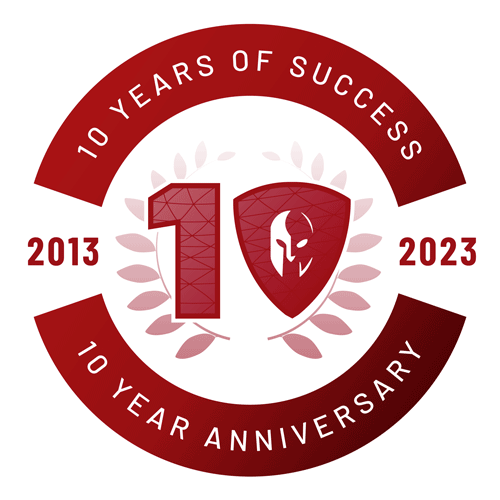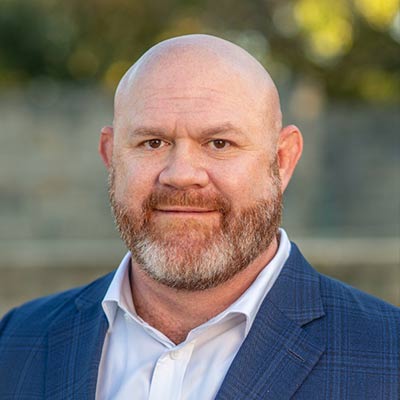Introduction
In an era where cyber attacks are becoming increasingly sophisticated and persistent, the need for strong authentication methods has never been more crucial. Multi-Factor Authentication (MFA) has emerged as a critical layer of defense for organizations, offering enhanced protection against unauthorized access. Here’s why MFA is essential for your company’s security posture and how it can safeguard your most valuable assets:
Understanding MFA and How It Works
Multi-Factor Authentication (MFA) is a security process that requires users to provide two or more verification factors to gain access to a resource, such as a network, application, or device. It typically combines two or more of the following authentication types:
- Something You Know: A password or PIN.
- Something You Have: A physical token, smart card, or a device.
- Something You Are: Biometric authentication such as fingerprints, voice recognition, or facial scans.
Why MFA is Crucial for Your Company
1. Mitigating Credential-Based Attacks
Password Reuse & Phishing: Users often reuse passwords across multiple accounts, making them susceptible to phishing attacks. MFA adds an additional layer that attackers cannot bypass even if they have compromised a password.
2. Protecting Remote Access
VPNs & Remote Desktops: With remote work becoming more prevalent, securing remote access is crucial. MFA ensures that even if a device is compromised, malicious actors cannot access sensitive resources without additional authentication factors.
3. Reducing Insider Threats
Role-Based Access: MFA can be configured to align with role-based access controls, ensuring that sensitive data is only accessible to authorized personnel. This helps minimize the risk of malicious or inadvertent insider threats.
4. Ensuring Compliance
Regulatory Requirements: Many regulations, including GDPR, CCPA, and PCI DSS, emphasize secure authentication. Implementing MFA helps fulfill these compliance requirements and avoid potential fines.
5. Adapting to Modern Threats
Sophisticated Attack Techniques: Cyber attackers use advanced tactics such as credential stuffing and SIM swapping. MFA provides additional layers of defense to detect these tactics before they succeed.
Best Practices for Implementing MFA
1. Identify Critical Systems
Prioritize implementing MFA on systems containing sensitive data, customer information, or mission-critical functions.
2. User Awareness and Training
Educate employees about the importance of MFA and provide training to help them use it effectively.
3. Integrate Seamlessly
Ensure the chosen MFA solution integrates seamlessly with existing systems and minimizes user friction.
4. Regularly Update Policies
Periodically review and update MFA policies to adapt to changing security requirements and emerging threats.
5. Monitor and Refine
Monitor usage patterns and refine authentication methods to ensure maximum protection with minimal disruption.
Consequences of Overlooking MFA
Despite its clear benefits, some organizations have overlooked its importance, leading to severe breaches. Here are notable examples where the absence of MFA contributed to significant security incidents:
1. Twitter's High-Profile Account Takeover (2020)
Summary: Attackers gained unauthorized access to Twitter’s internal systems, compromising high-profile accounts, including those of Barack Obama, Bill Gates, and Elon Musk.
Cause: Employees fell victim to a social engineering attack, allowing the hackers to bypass single-factor authentication and access internal tools.
Impact: Accounts were used for a Bitcoin scam, leading to financial losses and a major reputational blow for Twitter.
MFA Relevance: The breach could have been prevented if access to internal tools required additional factors beyond a single password.
2. Colonial Pipeline Ransomware Attack (2021)
Summary: Colonial Pipeline, a major fuel pipeline operator in the U.S., faced a ransomware attack that disrupted operations and led to fuel shortages.
Cause: The attack started with a compromised VPN account that didn’t require multi-factor authentication.
Impact: The breach resulted in a shutdown of the pipeline, a $4.4 million ransom payment, and significant regulatory scrutiny.
MFA Relevance: Implementing MFA for remote access could have prevented the attackers from accessing the network through a stolen password.
3. The Microsoft Exchange Server Breach (2021)
Summary: Exploiting vulnerabilities in Microsoft’s Exchange Server, attackers were able to access and exfiltrate emails from multiple organizations.
Cause: Some organizations failed to secure administrative accounts with MFA, making it easier for attackers to leverage compromised credentials.
Impact: The breach affected thousands of organizations worldwide, exposing sensitive communications and leaving systems vulnerable.
MFA Relevance: Enforcing MFA for administrative access could have added a significant hurdle for attackers leveraging compromised credentials.
4. The SolarWinds Supply Chain Attack (2020)
Summary: Hackers exploited SolarWinds’ software update mechanism to deliver malware to many organizations, including government agencies.
Cause: Attackers initially gained access through password guessing on critical accounts that lacked MFA protection.
Impact: The attack resulted in data breaches across the U.S. government and private sector, causing widespread concern about supply chain vulnerabilities.
MFA Relevance: If critical accounts involved had used MFA, it could have prevented initial unauthorized access.
These incidents highlight the critical role MFA plays in preventing unauthorized access. By incorporating MFA into your security posture, you can prevent attackers from exploiting stolen or weak passwords and add an extra layer of defense against social engineering and credential-stuffing attacks. Learn from these breaches and implement MFA as a foundational component of your organization’s security strategy.
Conclusion
Multi-Factor Authentication is a strategic necessity for organizations seeking to protect themselves against evolving threats. By incorporating MFA into your security posture, you’re not only mitigating the risk of unauthorized access but also demonstrating a proactive commitment to protecting sensitive data and maintaining customer trust. This enhanced security will help secure your organization’s future in an increasingly dangerous digital landscape.
Get in touch with us
Secutor Cybersecurity is a trusted partner comprised of industry leading experts in the fields of Cybersecurity and Governance, Risk and Compliance. We partner with our clients to deliver on-demand solutions tailored to expertly navigate the regulatory demands of their specific industries.
Our proven track record of successfully exceeding client expectations is achieved through the combination of our methodical approach, advanced technologies, subject matter experts, and synergy with client team members.
Secutor is your team of world-class problem solvers with vast expertise and experience delivering complete solutions keeping your organization protected, audit-ready, and running smoothly.







